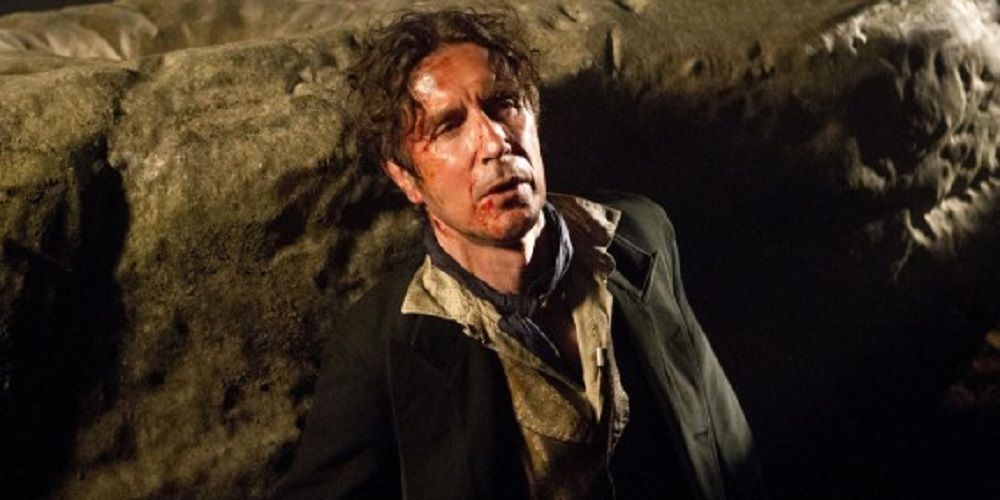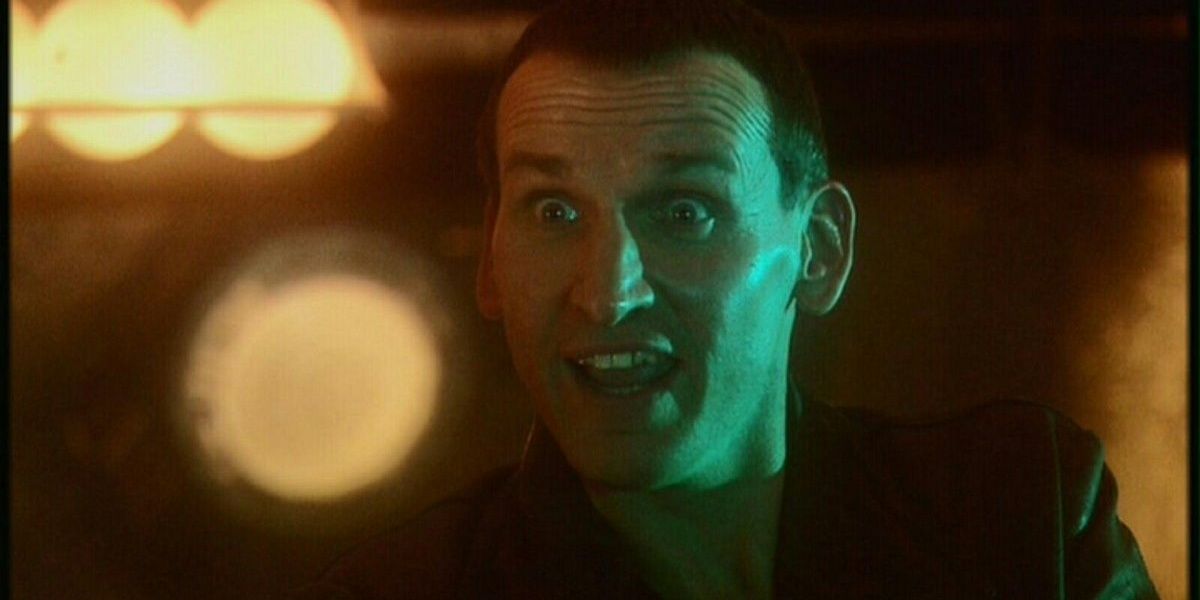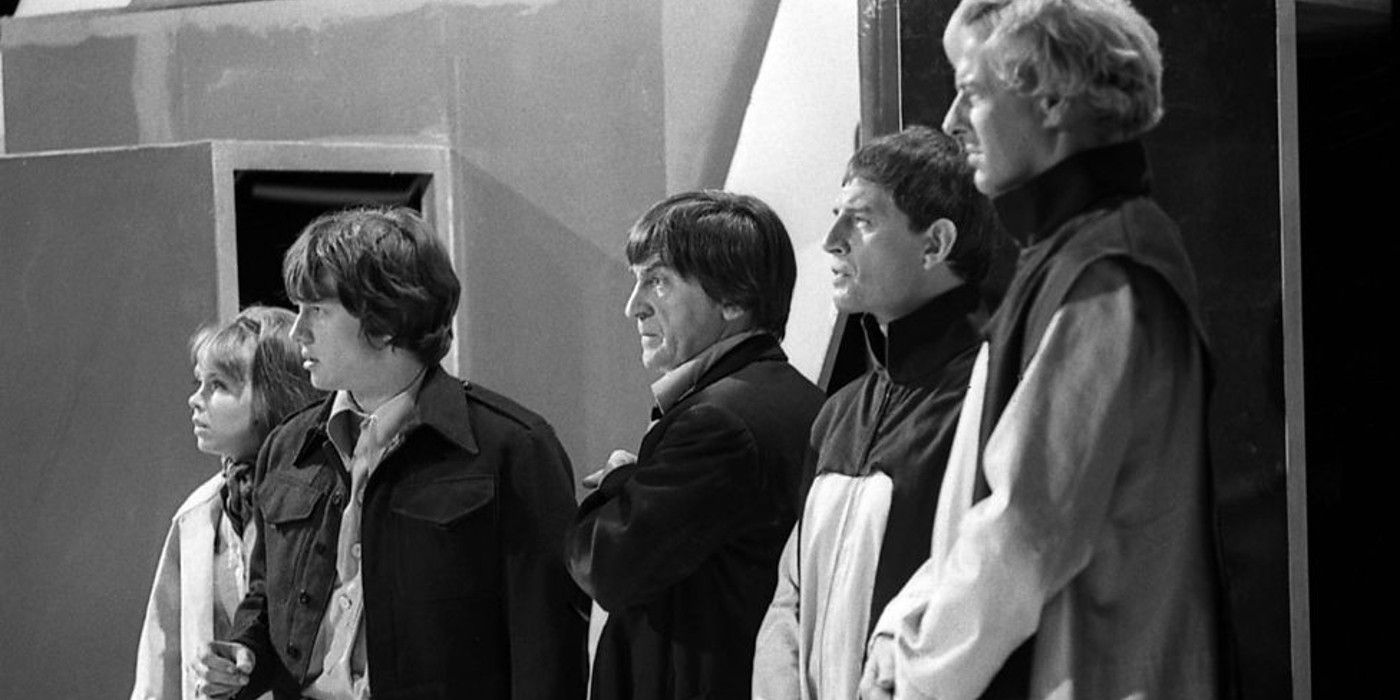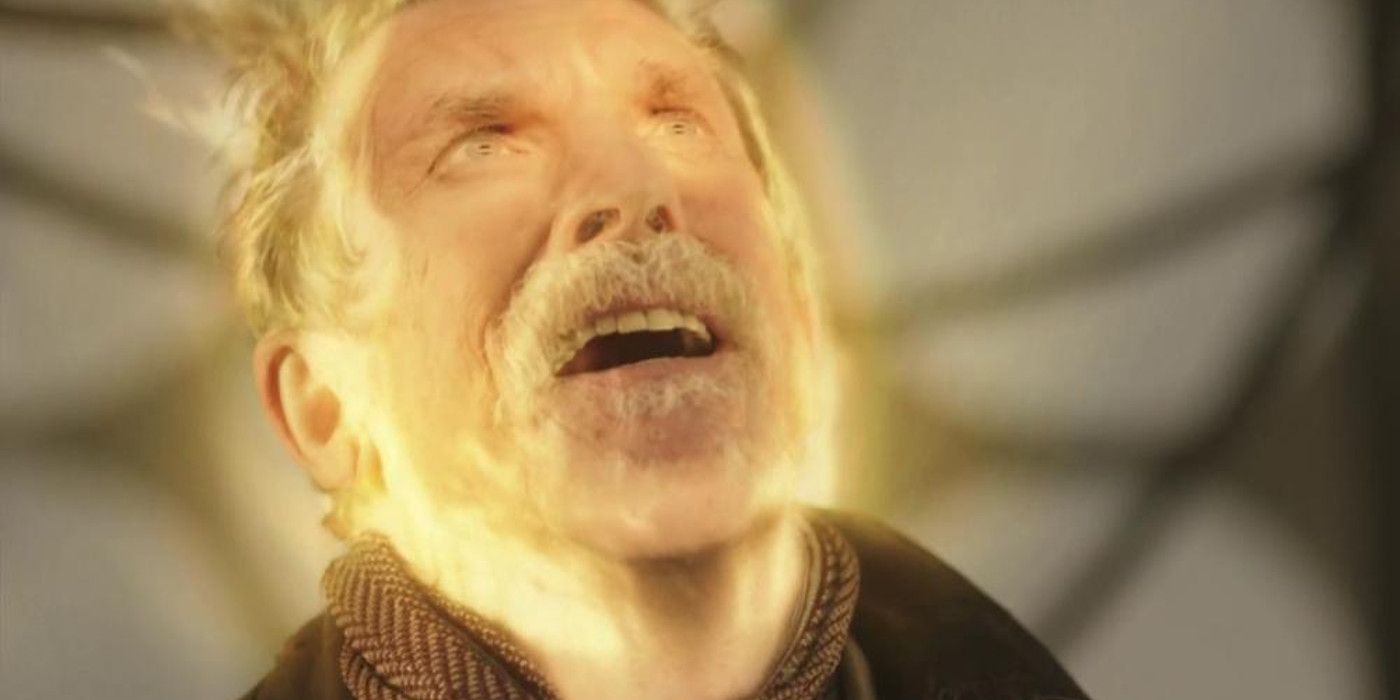With the title of Jodie Whittaker's final Doctor Who adventure now revealed, fans have begun to speculate how the character will meet her end. Will she be dropped off a building like the Fourth Doctor, sacrifice herself to save a companion's life, or perhaps get shot by a Dalek.
While the means of the Thirteenth Doctor's demise are yet to be seen, it's assumed that her final episode will encapsulate all that her era had to offer and (hopefully) send the character out on a high note. Even if this is not the case, it can be ascertained that her regeneration will be talked about for years to come, just like every other Doctor's regeneration.
"Time And The Rani: Part One" (S24: E1) - 5.5
Colin Baker shouldn't have been fired from Doctor Who. His Doctor may have been the most abrasive and unlikable of any incarnation, but it was through no fault of the actor that audiences found the program unpleasant during the mid-1980s.
Because Colin Baker refused to return for a one final story after his termination (per Screen Rant), "Time and Rani" stands as an awkward finale for an underappreciated performer and a terrible premiere for the Seventh Doctor. Much of the criticism thrown at the episode stems from the childish plot and pantomime performances, though the episode's biggest sin is opening with the Doctor's unexplained regeneration. Colin Baker would thankfully get a more fitting sendoff through Big Finish.
Doctor Who: The Television Movie (1996) - 6.3
Like "Time and the Rani," the TV movie doesn't really work as a final adventure so much as an introduction for new audiences. Sylvester McCoy thankfully returned to film his departure but was left little do beyond getting shot and dying on an operating table (a grizzly fate for an icon of children's television).
Beyond the TV movie's failure to give the Seventh Doctor a satisfying sendoff, it also features a rather uncomfortable Americanization of the Doctor Who property. The Eighth Doctor is painted as a romantic figure, Eric Roberts' camp performance as the Master is painfully humorless, and the overall plot lacks the whimsy Doctor Who normally evokes.
"Logopolis: Part Four" (S18: E28) - 8.0
The Fourth Doctor was easily the funniest character on Doctor Who, yet his final appearance is a notably dour affair. Paired with several new companions, he is forced to go up against the Master as the renegade Time Lord holds the universe at ransom as it approaches heat death.
While "Logopolis" has a somewhat wonky plot, the episode does an effective job at setting up the Fourth Doctor's departure. A mysterious figure known as the Watcher is introduced to lead the Fourth Doctor into his final adventure, and the fact that the character ends up sacrificing his life to save the universe proves fitting considering Tomb Baker's dedication to the role.
"The Tenth Planet: Episode 4" (S4: E8) - 8.1
The introduction to one of Doctor Who's scariest monsters, "The Tenth Planet" finds the First Doctor and his companions stranded at the South Pole when the Cybermen attempt to siphon the Earth's energy. Working with the military, the TARDIS team must defeat the Cybermen to save the planet.
While the First Doctor is largely absent from the story due to William Hartnell's ill-health at the time, the character is given several iconic moments which illustrate just how much he's grown since his first adventure. It's disappointing that the character doesn't get much to do in the episode, but the way he stands up to the Cybermen is fitting for a character who once could have been described as emotionless.
"Twice Upon a Time" (Christmas Special) - 8.2
The Twelfth Doctor's final adventure is one that still elicits strong emotions from Whovians. The idea to use the Christmas truce of 1914 to reignite the Twelfth Doctor's will to live is an inspired decision on Steven Moffat's part, as is the choice to pair the current incarnation with the very first.
While the episode's creative choices allow the Twelfth Doctor to realize how much good he has brought to the universe, the emotional weight of the story is neutered by the portrayal of the First Doctor as a sexist curmudgeon. The point of establishing growth is admirable, but not at the cost of character assassination.
"Planet Of The Spiders: Part Six" (S11: E26) - 8.2
Though the bulk of this story is fairly run-of-the-mill for the Pertwee era, the final episode serves as a great close to Doctor Who's most dashing hero. The Third Doctor is forced to reconcile with the fact that his desire for knowledge is responsible for the Great One attempting to invade Earth, and chooses to sacrifice himself to make up for his mistake.
Beyond this relative facet of growth for the Third Doctor, "Planet of the Spiders" also allows Pertwee to go out on one last joyride. His incarnation of the character gets to drive a number of vehicles in an extended car chase, he gets to show off his action skills, and be a true superhero before fading away into his next regeneration.
"The Time Of The Doctor" (Christmas Special) - 8.3
Matt Smith's departure from Doctor Who is one that is mired by Steven Moffat's worst writing habits. Like many of the showrunner's Doctor Who Christmas specials, the episode lends itself to juvenile humor that steals time away from the main plot revolving around the protection of Trenzalore and undermines the story's stakes.
Despite the episode's flaws, "The Time of the Doctor" still features a masterful performance from Smith, as his Doctor accepts that his time is at an end. It all culminates in one of the best Doctor Who speeches, reaffirming the character's need to grow and accept change.
"The Caves of Androzani: Part Four" (S21: E20) - 8.8
Without question, "The Caves of Androzani" is the perfect sendoff for the Fifth Doctor. The character's naïveté and pacifism are put to the test as he and his companion are poisoned on a trip to Androzani Minor, and get caught up in a drug war.
What makes "The Caves of Androzani" such a compelling adventure is that it puts the Fifth Doctor through the ringer. Beyond the poisoning which slowly eats away at his life, he's shot at, gagged, and crashes a ship, all just to save a girl he barely knew.
"The End Of Time: Part Two" (Christmas Special) - 8.9
David Tennant's final regular adventure as the Tenth Doctor is a perfect encapsulation of his era. It's full of big bombastic stakes, goofy high jinks involving the Master, and swelling emotions from the likes of David Tennant and Bernard Cribbins.
While the various elements found in "The End of Time Part 2" can make it a bit much for viewers, the episode nails what a regeneration story should be. It's equal parts a celebration and memorial for all that Russell T. Davies brought to Doctor Who during the mid 2000s, and David Tennant manages to milk gold out of the script for his final outing.
"The Night Of The Doctor" (Mini Episode) - 9.0
For the longest time, the fate of the Eighth Doctor was left ambiguous by Doctor Who. The character was allowed to evolve as the fans saw fit in the Doctor Who comics and audio dramas, but he was never given proper justice on-screen following the failed 1996 TV Movie.
Given the way in which many ignored the Eighth Doctor, it came as a shock to see he was given a whole mini-episode to shine back in 2013. It ostensibly acted as advertising for the show's 50th-anniversary special, but "The Night of the Doctor" still allowed Paul McGann's Doctor to go out in a most appropriate fashion, letting himself die on a crashing spaceship in a vain attempt to save a stranger.
"The Parting Of The Ways" (S1: E13) - 9.0
There's no greater Doctor Who season finale than "The Parting of the Ways." In the episode, the Ninth Doctor must reconcile with his actions in the Time War as the Daleks attempt to take over Satellite One. When the Daleks force his hand to either wipe out them and the Earth, or let them conquer the universe, the Doctor can't find it within himself to do what he did in the Time War.
Beyond the drama surrounding the Ninth Doctor's confrontation with the Daleks, the best part of the episode comes in the resolution. The deus ex machina might be too easy a solution for some fans, but the way in which Nine sacrifices his life to save Rose is heartbreaking, especially as he sheds the guilt of the Time War and finds peace in his final moments.
"The War Games: Episode Seven" (S6: E35) - 9.1
Though "The War Games" is a drawn-out serial that arguably could have been cut down to six parts, its length feels justified considering the plot. The Doctor and his companions find themselves trapped on an unnamed planet, attempting to free legions of brainwashed troops and return them to their time periods while avoiding capture from the largely forgotten War Lords controlling the soldiers.
What makes the final episode of the adventure especially gripping is the Doctor's attempt to flee once he calls in the Time Lords. He would much rather go back to bumbling through the galaxy rather than accept responsibility, a fact which makes his forced regeneration that much more disheartening to watch.
"The Day Of The Doctor" (50th Anniversary) - 9.3
Doctor Who's 50th anniversary special might not feature the greatest regeneration, but it is, in the eyes of many viewers, the best episode where a regeneration takes place. Focusing on the interaction between the previously unknown War Doctor along with the ever-popular Tenth and Eleventh Doctors, the episode sees the three characters come together to save Gallifrey from the Time War.
What makes the episode especially satisfying is that it manages to build up John Hurt's War Doctor from nothing. He starts out as a burdened warrior, longing for his suffering to end and feeling as though he has no choice but to end the Time War himself, yet by the episode's end, he is allowed to call himself the Doctor again, optimistic that his act to save Gallifrey succeeded. It's what makes his regeneration that much more touching.

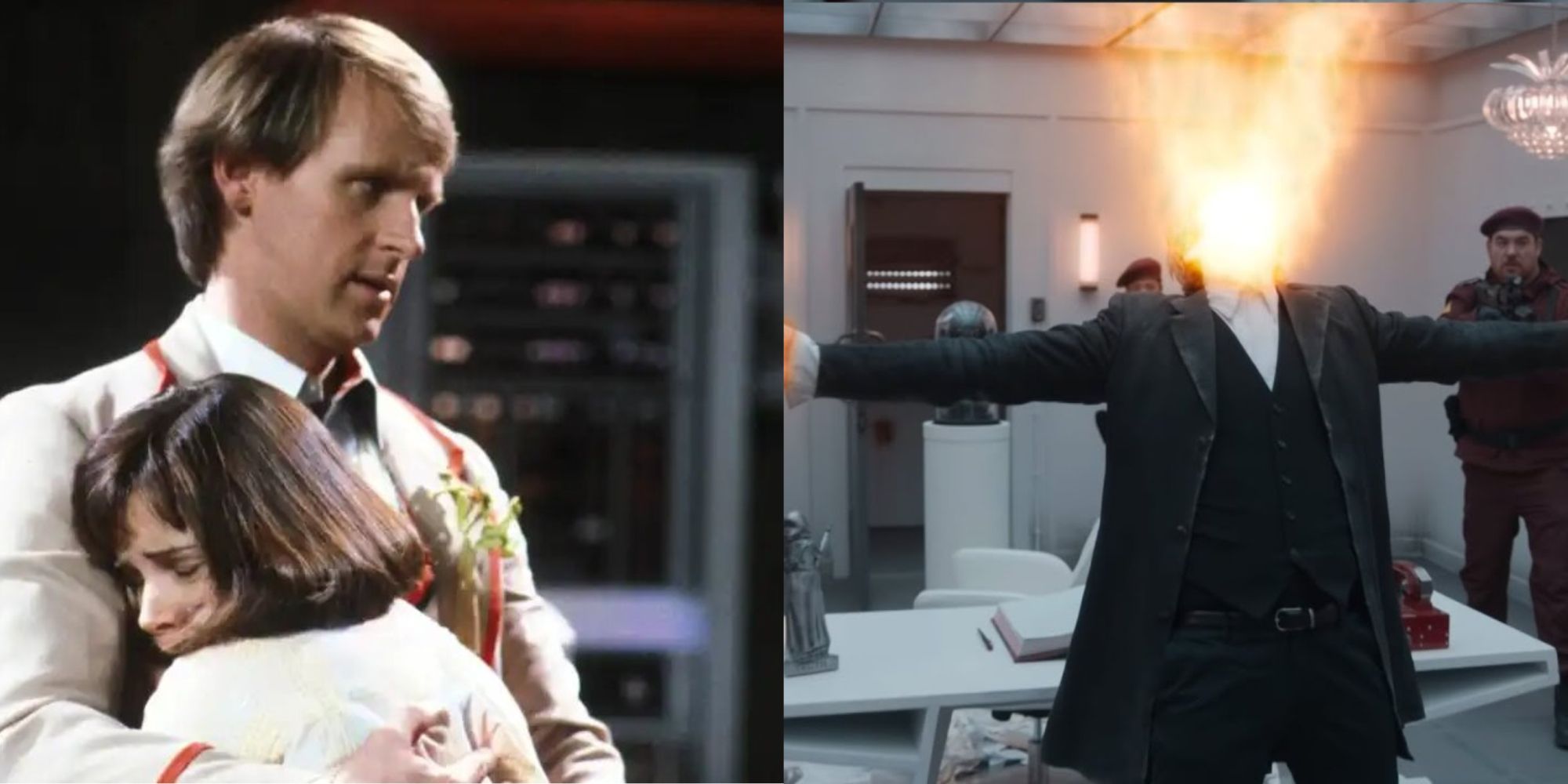
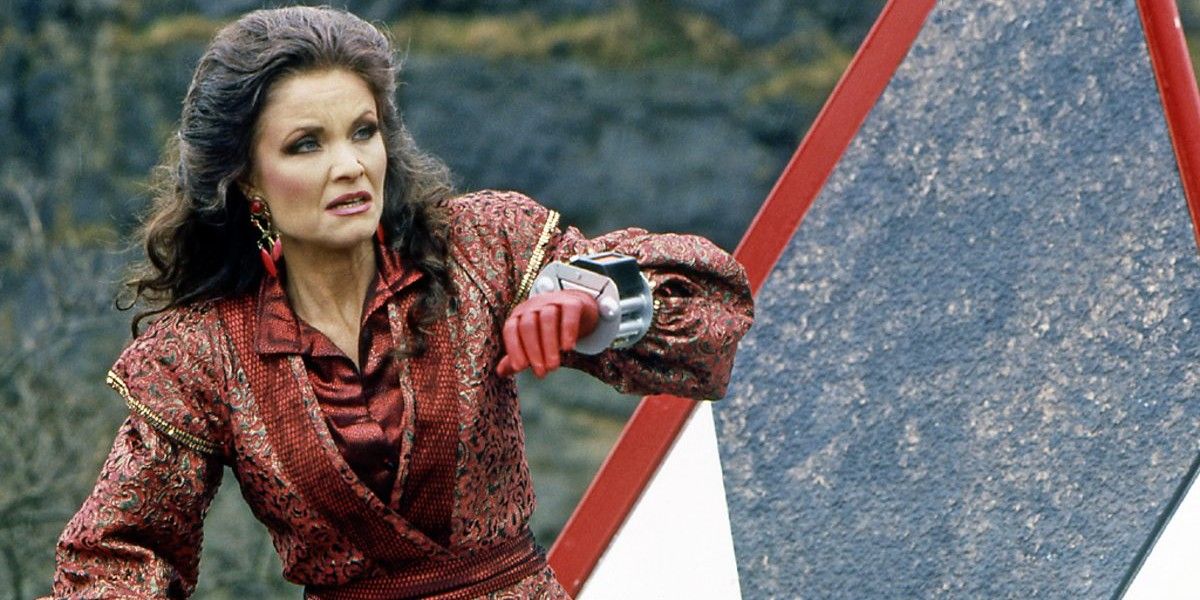
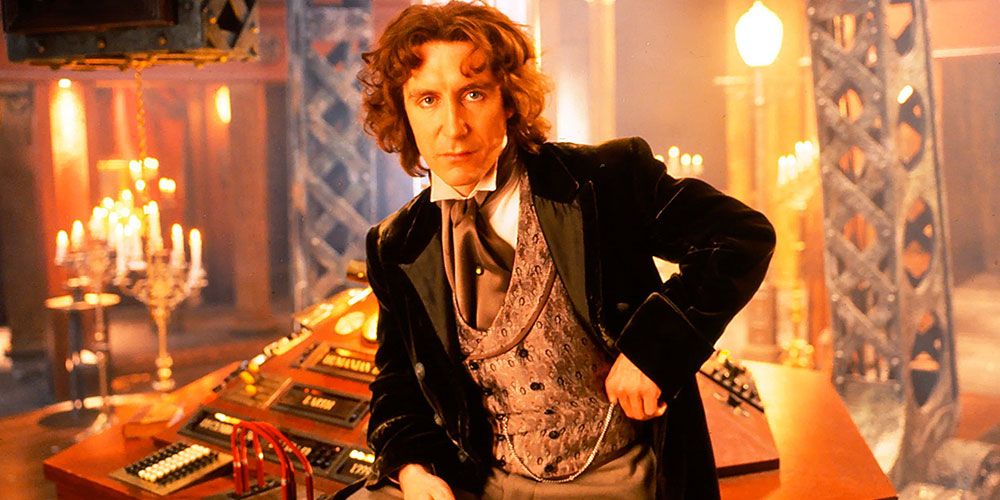
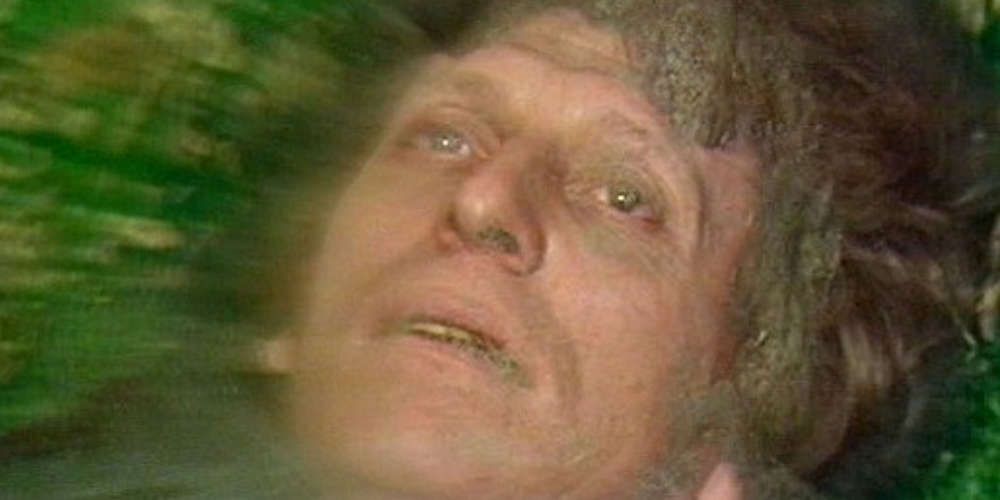
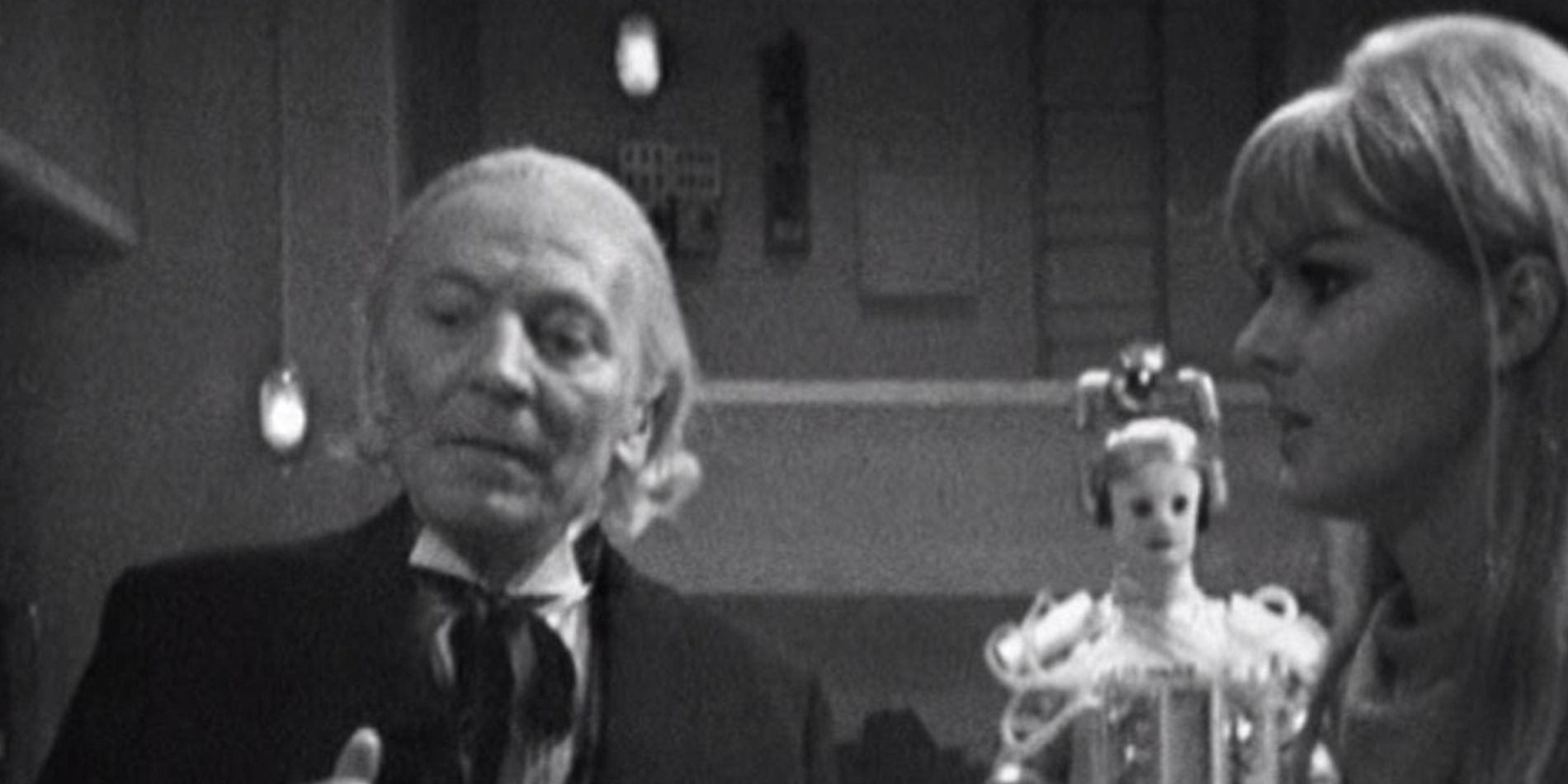
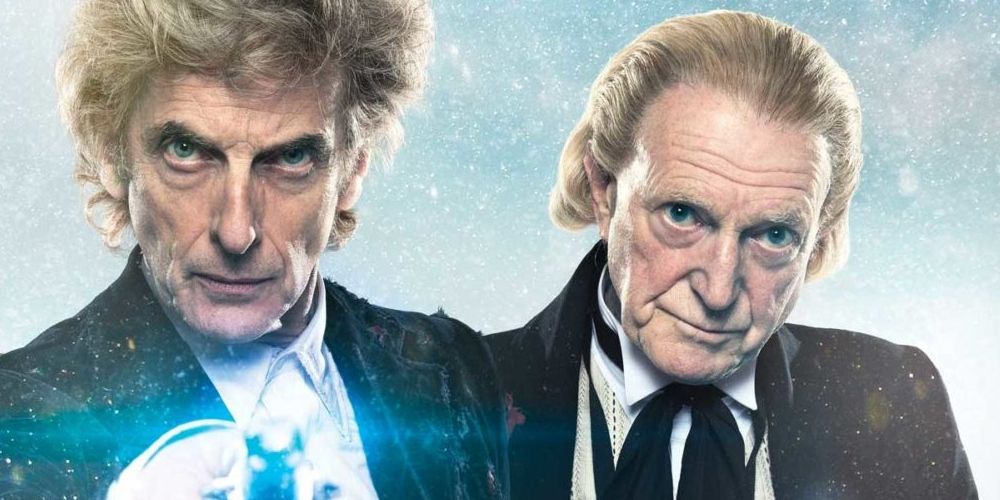
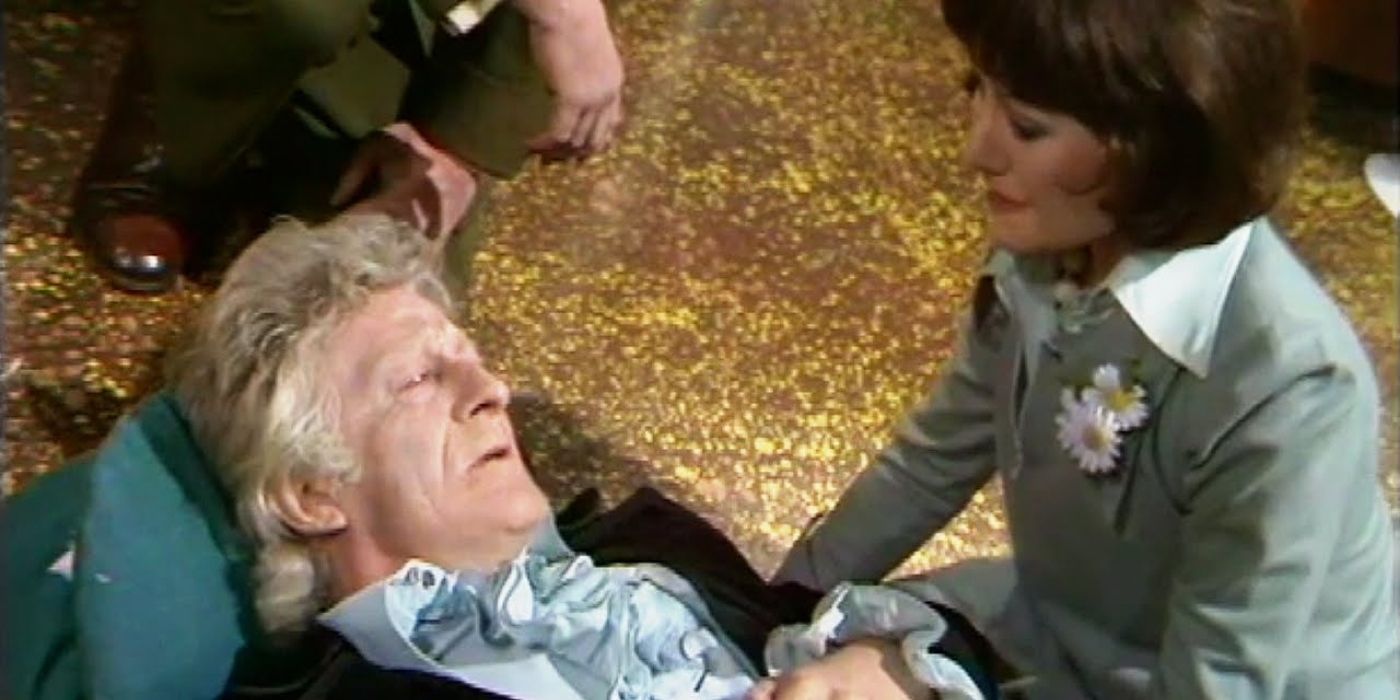
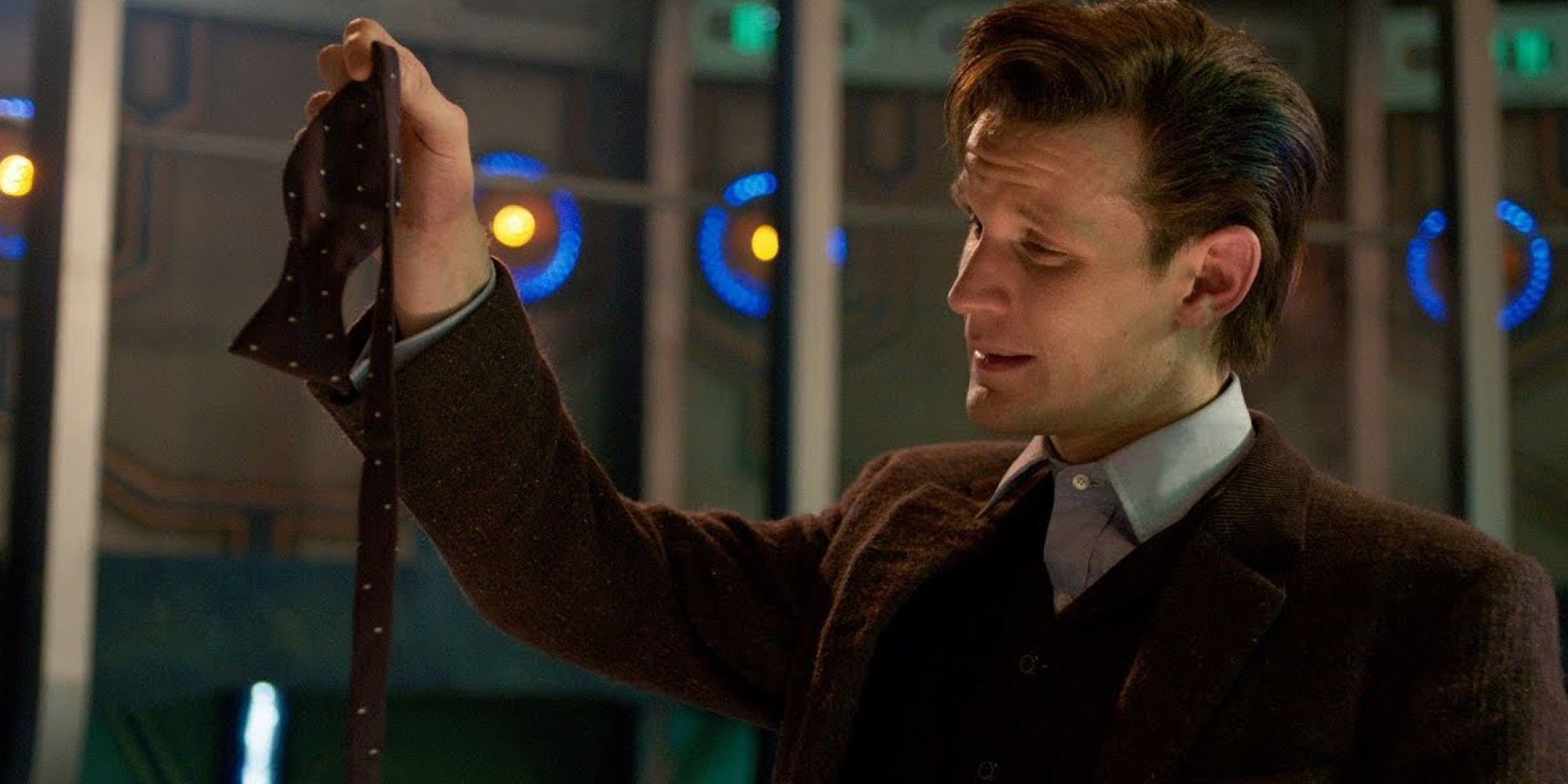
.jpg)

